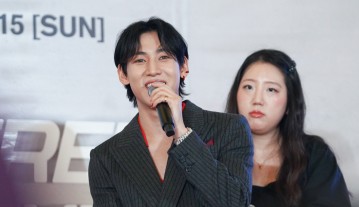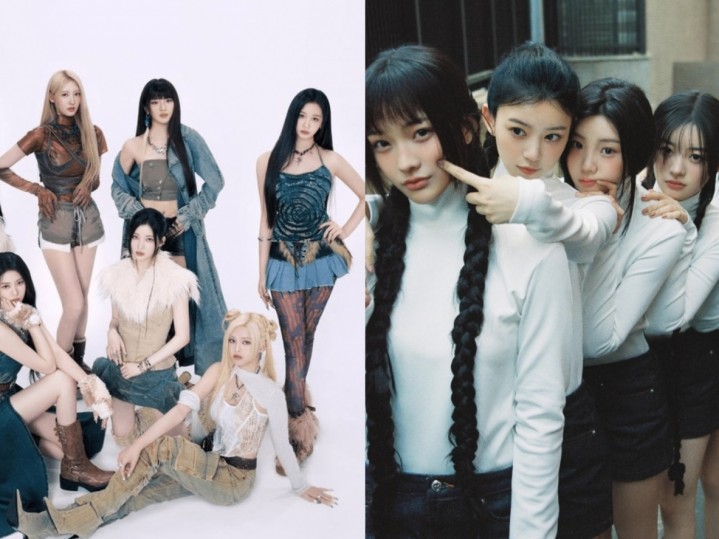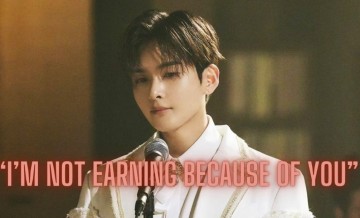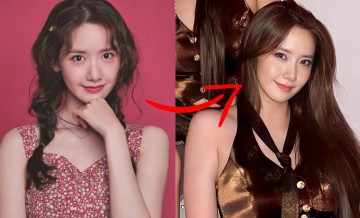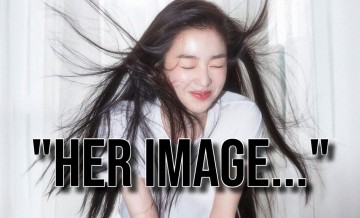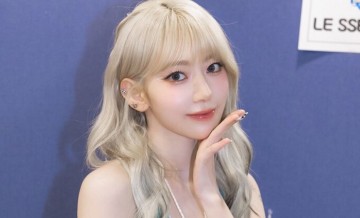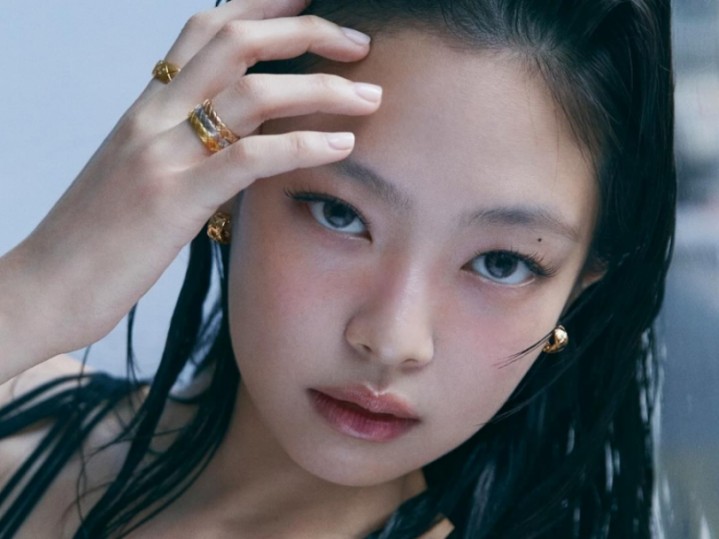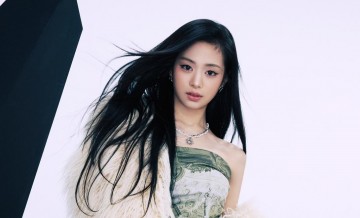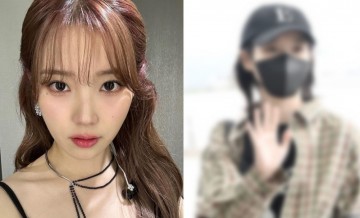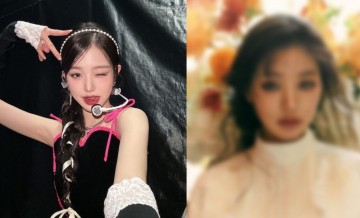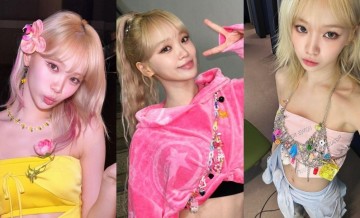Understanding K-drama: Be Careful What You Call That Character!
If you watch kdramas, you may have noticed that different characters will refer to the same person in a different way. In Korea, how you refer to each other is a matter of respect and has to do with who is older or whose status is more deserving of respect.
For example, it is generally considered rude to address someone by their first name, especially if they are your elders.
It's considered okay to refer to a person by their first name if you are the same age but even a year's difference in age matters. That's one reason you so often see characters asking each other how old they are. They need to know how to address each other.
Adults who are the same age and of the same status can refer to each other by their whole name and adding a "ssi" to the end but you can't just use a surname even with the "ssi" at the end.
There is a formal, casual formal and informal style of speaking, which is more than just how you address someone. Formal is for people who are older than you or your boss. Casual formal is for people you are acquainted with and informal is for people who are younger than you or your friends.
Also, you've probably noticed that titles are part of the way a character is addressed. You may have noticed k-drama characters referred to as Manager or President or even Writer before their name.
Obviously, in Korea, the family name comes first. For example, Suzy's real name is Bae Suzy but it gets Americanized to Suzy Bae.
Koreans don't have middle names, not in a Western sense, just a family name and two one-syllable first names.
If you've ever noticed that newly married women do not take their husband's names in a k-drama, it's not a newfangled feminist development. Korean women don't take their husband's names because a woman's name relates to her own origins. Children, however, get their father's last name.
You may also have noticed that quite a few Korean names don't have a gender. Take the example of actress Choi Kang Hee and soccer coach Choi Kang Hee. This can add to the confusion in gender-swapping dramas.
And if it seems that characters in dramas often have the same names as characters you've seen in other dramas, that's not a lack of creativity on the writer's part. There may be fewer Korean names. Half of all Koreans bear the names Kim, Lee, Park or Choi.
By: Kdramastars





